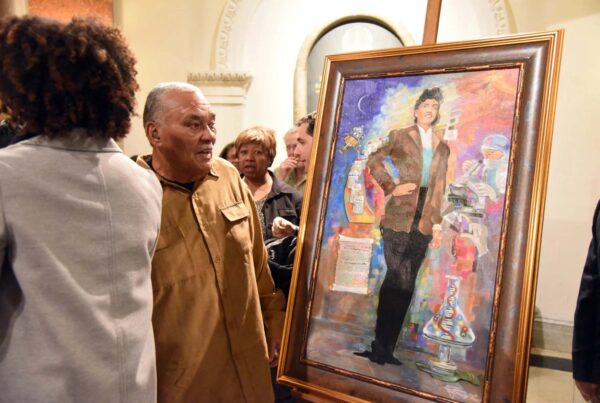Gov. Greg Abbott signed a bill into law this week banning explicit books in schools.
House Bill 900 was part of a session-long push among Republicans to increase parents’ input in Texas classrooms.
The legislation by Rep. Jared Patterson, R-Frisco, and Sen. Angela Paxton, R-McKinney, will set new standards for school libraries to follow when adding books to their collections.
The bill effectively bans books from public school libraries that are “patently offensive,” defined as materials that are an affront to “current community standards of decency.”
Shirley Robinson, the executive director of the Texas Library Association, said this bill requires new collection development standards that will be developed and adopted by the Texas State Library and Archives Commission.
“That’s the state agency that supports libraries,” she said. “That will have to follow state Board of Education approval.”
The bill also requires a new rating system designating books that are “sexually relevant” or “sexually explicit.” Sexually relevant books require parental consent before a student can check them out. Sexually explicit books must be removed altogether.
“The crux of all of this is that it puts the responsibility on the vendors (to rate the books), which is a couple of steps away from where a book has originally been created,” she said. “We’re talking about anyone from an independent bookseller to all the way up to Amazon. And it’s really unclear how vendors are going to implement the rating requirements. You might have a case where one book is rated differently by a number of different vendors, and it will be up to the Texas Education Agency ultimately to make the determination if that book is rated correctly or not.”
Robinson said her concern is with the vague language in the bill.
“Our concern in working with the bill authors is that the language is very vague and broad. The requirements are going to be unrealistic and very cumbersome to implement,” she said. “Unfortunately, this could really stifle business in the state of Texas. And we know that collections and school libraries are going to become outdated and erode over time because of the amount of time that it’s going to take schools to be able to get books.”
Despite the requirement that vendors rate books, Robinson said librarians will also have to navigate potentially-confusing requirements as they build out their collections over time.
“School librarians may have to be on the lookout for books that might be considered sexually explicit in their libraries,” she said. “We’re working with vendors to try to help ferret all of that out.”
Robinson said there is also a concern that this bill, like previous book bans and book challenges, will disproportionately affect books with LGBTQ characters and themes.
Robinson said there are a few key dates to watch out for as this bill gets rolled out. The Texas State Library and Archives Commission is required to have their collection development standards in place by Jan. 1 of next year. By April 1, school libraries will start implementing this as well.
“Until that point, we really are encouraging libraries to, you know, just go about business as usual,” she said. “Libraries already function under school board-approved collection development policies and selection guidelines that have been in place for a long, long time and have been serving the children of the state of Texas very well.”













